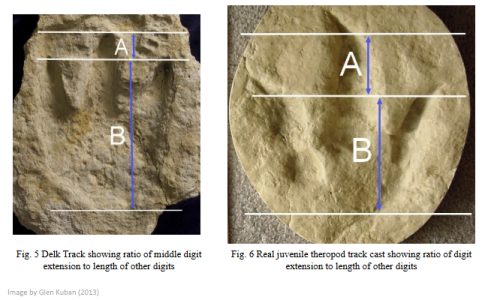- Joined
- Jun 19, 2023
- Messages
- 1,610
- Reaction score
- 2,720
- Points
- 133
- Age
- 47
- Location
- Canada
- Faith
- Reformed (URCNA)
- Country
- Canada
- Marital status
- Married
- Politics
- Kingdom of God
[Re: Oxygen and the Lenski LTEE]
They didn't want oxygen, because they would have to explain that.
As I showed (here), that is false.
So where did the oxygen come from?
Lenski himself—so to speak. I mean, oxygen exists in the air.
The experiment was conducted under normal atmospheric conditions, and the flasks were shaken specifically to keep the medium oxygenated. Oxygen was not something that “leaked in” or required explanation. It was a constant background condition, just like room temperature and gravity. And it was on purpose: The experiment was not modeling an oxygen-free early Earth; it was testing whether bacteria could evolve new metabolic abilities in an oxygen-rich environment. That requires oxygen. Treating its presence as a problem, like Malone apparently did, simply reflects a misunderstanding of the experiment itself.
The answer, as we learned, was yes.
I guess you haven't heard the joke:
God: Make a planet with life on it.
Microbiologist Team: Sure, we'll need x, y, z …
God: I don't think you understand; you have to make those, too.
I haven’t heard that joke. It’s definitely a good one.
And it reminds me of a Carl Sagan quote: “In order to make an apple pie from scratch, you must first invent the universe.”
Having read this, I am now convinced that I do not want any further 'categories' set by you about what is 'off-topic.'
You said “a God-figure does not act into nor intervene in” a closed system of nature.
I found it confusing to hear you make that claim because it follows from metaphysical naturalism, and yet neither you, myself, nor anyone else here identifies as an atheist—so why introduce it at all?
And somehow that means that I am unqualified to determine what is off-topic. That simply does not follow.
As a Biblical theist, I have to talk about other views, like Bhuddism. That does not mean I don't know Bhuddism because I am a biblical theist, or that I have left it.
Fair enough. But, again, nobody here is an atheist (or Buddhist), so why did you inject that point into the discussion at all? It was out of left field.
Unless, of course, you consider evolution inherently atheistic. Then it would make sense. It would be absurdly wrong, of course—like saying chemistry is inherently atheistic—but at least the dots would be connected.
I am not making that claim; I am reporting it. If you find the report faulty, don't say that I'm making the claim.
There were exactly zero markers indicating that it was being reported. You didn’t indicate that it was a claim made by someone else, there were no quotation marks around it, there was no citation or link—literally nothing.
You referred to a “uniformitarian” system, and I signaled hesitation over that term because it is rife with equivocation from the lips of creationists. To that you responded, “Causes and effects are limited to a closed system of nature. A God-figure does not act into nor intervene in that.”
Where was there any indication that you were reporting here, whether in this statement or the context in which it sits?
There was none.
Who was the subject of this reporting? To whom were you referring when you shared that claim? And what is the relevance to our discussion?
Explain the fault of the report.
I did: “That claim follows from metaphysical naturalism.” That’s the fault.
To clarify (if needed): Metaphysical naturalism is self-referentially incoherent. It is nothing but fault.


